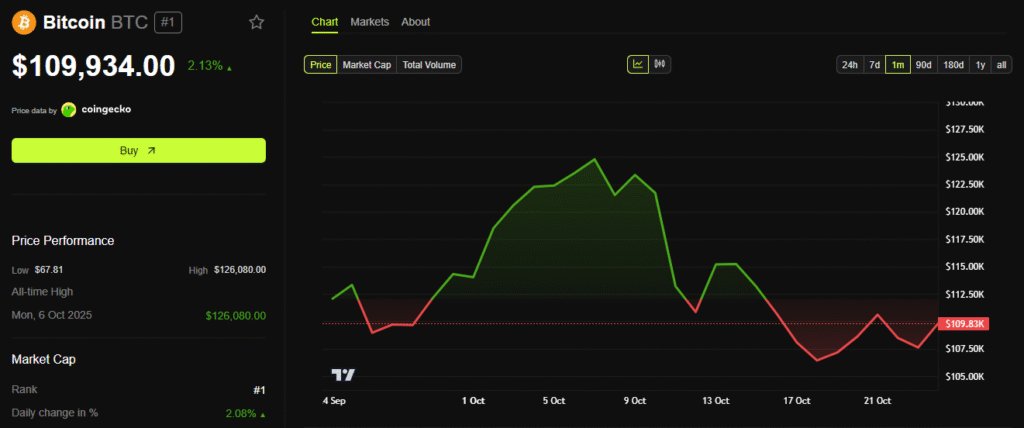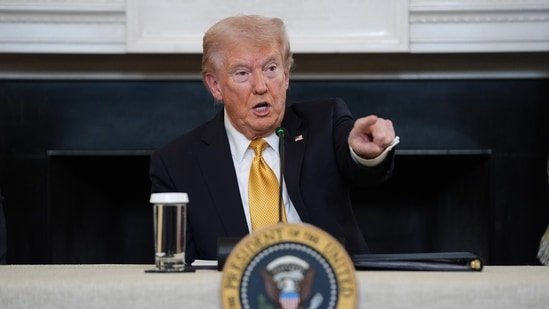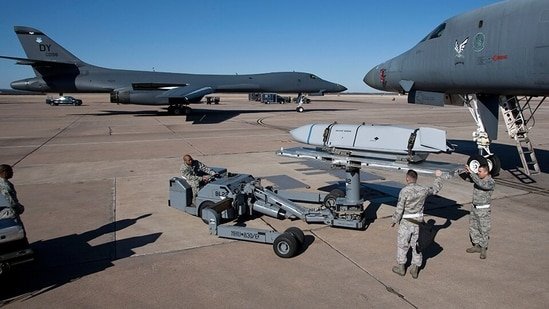Russian President Vladimir Putin vowed on Thursday that Russia’s response to any strike on its territory by US Tomahawk long-range missiles would be “very strong, if not overwhelming.”
As per AFP, Putin also responded directly to new US sanctions on Russian oil firms Rosneft and Lukoil for the first time, describing them as “serious” but ultimately dismissing their impact.
JOIN US ON TELEGRAM
Follow our coverage of the war on the @Kyivpost_official.
“They will have certain consequences, but they will not significantly impact our economic well-being,” Putin said.
He also condemned the sanctions as an “unfriendly act” that “does not strengthen Russia-US relations, which have only just begun to recover.”
The Russian president made these remarks at a press conference following his speech at the Russian Geographical Society in Moscow, emphasizing that Russia remains interested in “dialogue” with the US.
“Dialogue is always better than confrontation or any disputes, and especially war. We have always supported the continuation of dialogue,” he said.
On Friday, US President Donald Trump met with President Volodymyr Zelensky at the White House. Despite Trump later describing the meeting as “very productive,” it was immediately apparent that Zelensky had not secured his permission to buy US Tomahawk long-range missiles – despite Trump previously hinting that he would give it.
In another blow to Ukraine, Trump announced that he would meet with Putin for a second bilateral summit in Budapest in the coming weeks.

Other Topics of Interest
Russia Moves to Mobilize Reserves to Get More Military Manpower – ‘But Not for Ukraine’
Kremlin spokespeople aren’t mentioning debilitating losses suffered by the Russian army during its stalled and mostly unsuccessful spring and summer offensives.
On Wednesday, however, Trump reversed his course yet again – shelving the Budapest summit because “it didn’t feel like we were going to get to the place we have to get.”
On the same day, the US president announced “massive sanctions” against the two major Russian oil firms. Some experts have interpreted the move as an attempt to pressure Putin to the negotiating table.







